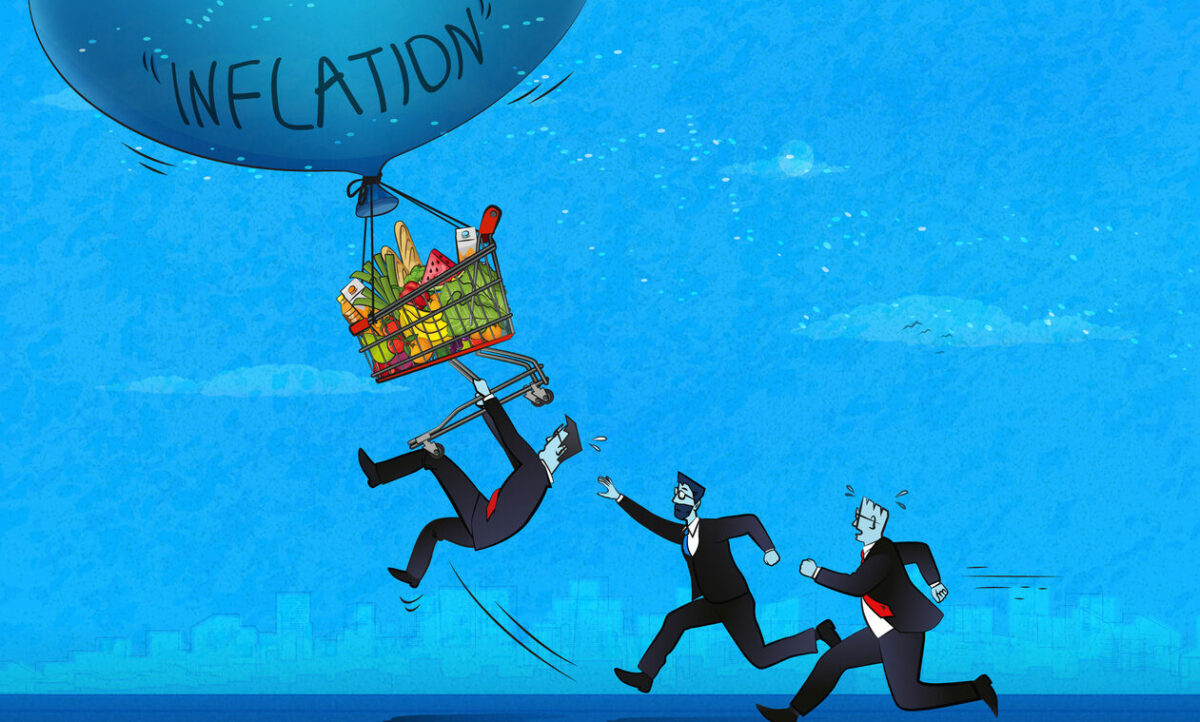Government to investigate why UK is seeing highest levels of food price inflation

An investigation has been launched by MPs to understand why UK households are witnessing the highest levels of food price inflation since the 1970s.
The inquiry will be led by the Environment, Food and Rural Affairs (EFRA) Committee of the House of Commons. They plan to examine how profitability and risks are distributed along the supply chain from ‘farm to fork’ and analyse the Government’s system of regulating these factors. The effect of imported goods and global commodity prices will also be analysed.
Evidence will be gathered from retailers, manufacturers, farmers, consumers, and the Government.
The announcement comes at a time when consumer brand loyalty dwindles in the country, with nearly 80% of Britons saying they believe food brands are profiting from ‘greedflation.’
Chair of the EFRA Committee, Sir Robert Goodwill MP, said in a statement: “During these times of high food price inflation, when many people are struggling to give their families good food at a reasonable price, it’s our job as a committee to get to the bottom of what’s going on.
“We know that consumers are paying higher prices, but the question is – are the other parts of the supply chain unduly benefitting from that, or are some of them also feeling the squeeze?
“We need to strike the right balance to ensure healthy, affordable – and preferably British-produced – food is available to all of us.”
After gathering oral and written evidence, the Committee will release a report which will recommend any suitable changes.
Official data from the ONS shows the UK was the only country in western Europe to reach double-digit inflation in March, with annual food price inflation hitting over 19%. The jump is the biggest increase in inflation the nation has seen since August 1977.
Grocery inflation has started to ease slightly, recorded at 17.3% in April according to statistics from Kantar. Food retailers have said they expect prices will continue to fall throughout the rest of 2023.
Some supermarkets have started bringing down the price of some items. Sainsbury’s and Tesco have lowered the price of their own-label bread and butter, with Aldi and Lidl following suit. These four supermarkets, as well as Asda, have also cut the price of milk by more than 5p. Sainsbury’s says it had been able to reduce the price of some items due to falling commodity costs.








